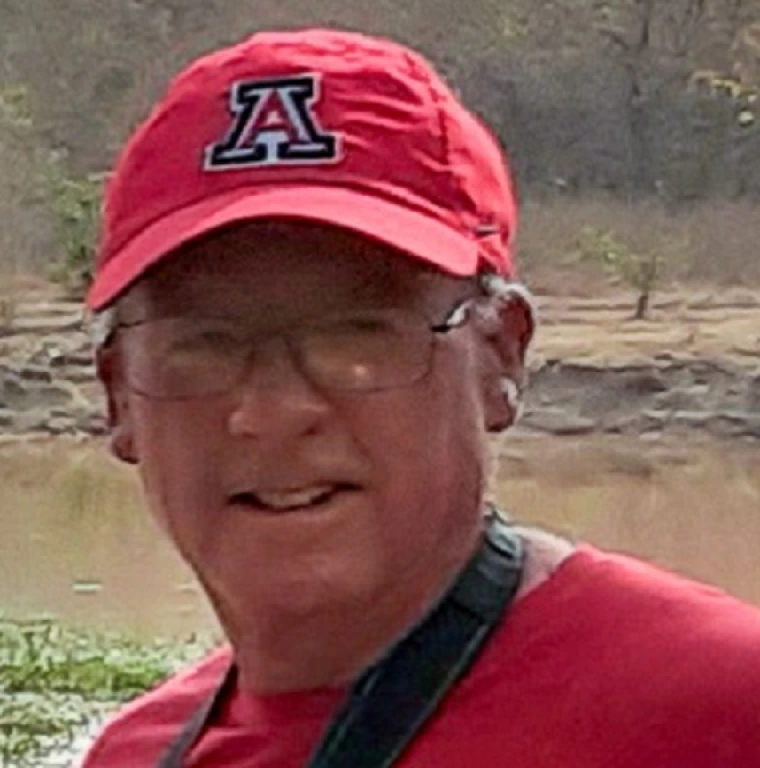Peter Donaldson

“I’ve worked with migrants all my life. And so when I saw the Human Rights Master’s program, I said, Ok, that’s for me!” Peter Donaldson finished his capstone project in the summer of 2020, receiving a newly minted M.A. in Human Rights Practice. But the project Peter started in the Savannah Region of Ghana continues growing, in a very literal way, every day.
When Peter began Human Rights studies, he already had a degree in plant-science and an M.B.A. plus 30 years of experience as a consultant/manager in agricultural businesses. But he wanted a new endeavor, something with more meaning. A way to give back.
Once enrolled in Human Rights Practice, Peter soon heard guest speaker Rashid Iddrisu share his story in Dr. Mette Brogden’s Migration Journeys class. “The impact for me was just amazing!” says Peter.
Soon enough, Rashid became a mentor and, eventually, a friend. Peter traveled to Ghana and began collaborating with Rashid on an extensive capstone project working with Rashid’s N.G.O., World Institute of Africa Culture and Traditions (WIACT). www.wiactghana.org
WIACT works on preserving cultural, linguistic, and natural heritage of indigenous Africa as a way of developing new opportunities for human and economic development. It hopes to reduce push-pull factors in migration of young people to Europe because they do not know their own culture and traditions. Its work is currently focused in northern Ghana.
Peter’s capstone project began with compiling information about several native tree species, and then interviewing elders about traditional uses of the trees for food, fiber and medicines. Shortly after Peter returned from Ghana in February 2020, COVID-19 pandemic hit and made return travel impossible for over a year. So during that year, he worked with local staff and volunteers of WIACT—including children—to create a native tree nursery in Sawla and begin growing seven species of native trees.
This effort required seeking elders who could germinate the seeds that staff were unable to germinate. And finding traditional hunters to go deep into forests to find seeds for the Rosewood tree which has been extensively cut by Chinese for export and is no longer seen in the region. The trees are critical parts of Savannah-Region ecological systems, supporting many species in addition to humans—bees, birds, bush bunnies, insects, frogs and toads. As the region has undergone deforestation of native tree species, it is also seeing the decline of other associated species and changes in the hydrological system that contribute to desertification.
Over 2000 seedlings have been growing and are being replanted in K-12 schools in the area. The schools will receive curricula about the trees and their traditional uses based on the interviews with elders, and, they will begin their own native tree nurseries to be grown by children. In this way, children and elders are reconnected and contribute to the restoration of the region’s natural heritage. Peter returned to Ghana in April 2021 to help plan the expansion of the project and recruit schools for establishing nurseries. As the project expands across Savannah Region, the children will nurse seedlings that will be used to reforest the region in which native tree species have been declining since the Colonial era due to cutting for charcoal and lumber products extraction.
Peter is excited about the opportunities in Ghana. He says, “There are just endless possibilities, really!”

